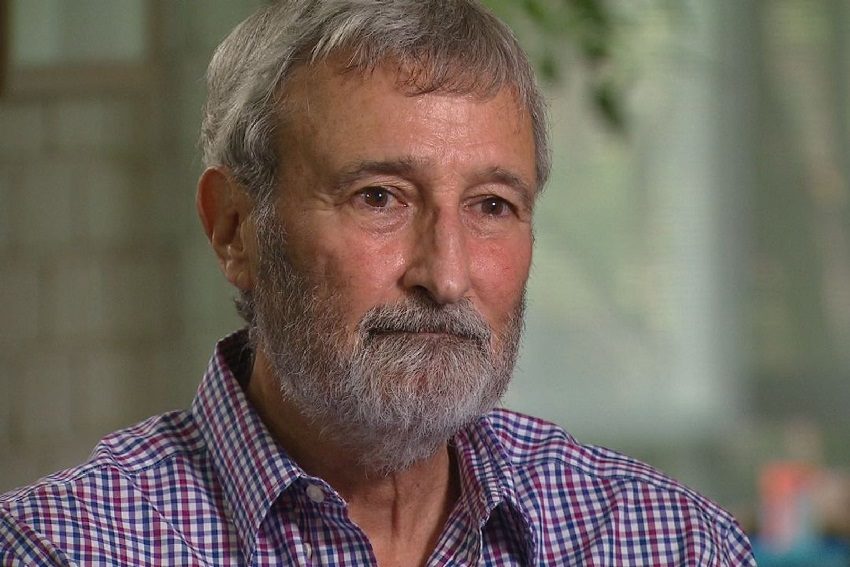Don Burke is not the end. He is the beginning.

This week the eyes of Australia have finally focussed on the actions of Don Burke, who enjoyed decades of comfort and praise as a high achiever in his chosen field of television, while allegedly abusing women and his staff. He will not be the last.
I had hopes for a career in front of the camera, leaving my home state to take up a role as a TV reporter in Broken Hill. I was barely 20 years old but knew with the confidence of youth (and some wonderful encouragement from lecturers at UniSA) that I could do it. Of course, it was terrifying and much harder than anyone had told me but I had jumped into the pool and knew I would either sink or swim.
I’d been in Broken Hill almost a year when Don Burke came to town to do some local stories on Pro Hart and other outback characters. What happened after that fateful meeting has coloured my life and career for 30 years.
Since Tracey Spicer began her investigations into the experiences of women in the entertainment industry, more than 600 women have come forward. The allegations range from sexual innuendo and being forced to view pornographic material in the workplace to sexual assault and every uncomfortable nuance in between. We now know that Don Burke was a name that repeatedly appeared in her inbox as women responded to her request for personal experiences. I am sure the emails continue to pour in.
My decision to speak publicly on a national stage about something I had kept to myself and a small circle of trusted friends and family for so many years was triggered by a deep sadness for what Australia has lost as a result of this culture of secrecy and shame around abuse.
Personally, I had dreamed of a career in television. I knew it would be a long, hard slog to get there but when I left Adelaide to take up the role in Broken Hill I knew it was a stepping stone. Because of this, Burke’s offer to move to Sydney seemed logical, the next step in my career journey, just as I had planned it. Youth and inexperience blinded me to the dangers now so obvious to a 50-year-old media and business veteran.
Yet I should have had every right to grab what was presented as a great job opportunity. Why is it that young women should have to treat every offer with suspicion? How is it possible that we have created a society where half of the population is required to exercise caution in their dealings with the other half — just in case?
I have received multiple messages of support and encouragement this week, mostly from women, some of whom have their own stories, but also from men. My husband and sons are steadfast in their support, as are many of my work colleagues, past and present. There are men who have watched women they respect being treated inappropriately but felt powerless to speak out or were ignored when they did. But even as these men have worked their way up through management structures, the culture of demeaning women in the workplace has not substantially changed.
The challenge now that this conversation is gaining momentum is to turn the energy of shared grief and anger towards change. The power structure in media, and in business and society generally, is not about to change overnight. The older, predominantly white, conservative men who currently hold the reins in almost every sector are clearly disinclined to step aside for younger, more progressive heads.
We must not allow this structure to self-perpetuate. I am constantly disappointed by news of boards who “cannot find a suitable woman” for their vacancy and companies that make the predictable appointments to senior management — men who have been at their desks for the past 20 years, unaffected by the need to take years out of their careers for child bearing and rearing — all the time ignoring the bright and balanced woman who sits next to him because she still has school aged children to “deal with”.
I did expect that by the time I reached 50 we would be looking at a very different landscape. Why the changes have not taken hold is a question every single one of us has to ask ourselves. What part have we all played in allowing the old ways to continue and how can we change that?
For me, it has meant giving up my privacy and risking the career I have tended so carefully to speak out about my experience in the hope that this shared and public trauma will bring about change. This is not where it ends but where it begins.
Amanada Pepe is the Publishing Director of Opinion Media